Perhaps Smartphone and Other Tech Usage is a Good Idea as We Age
It is possible that the increasing use of smartphones and the internet in the elderly contributes to the reduction in the rate of loss of cognitive decline.
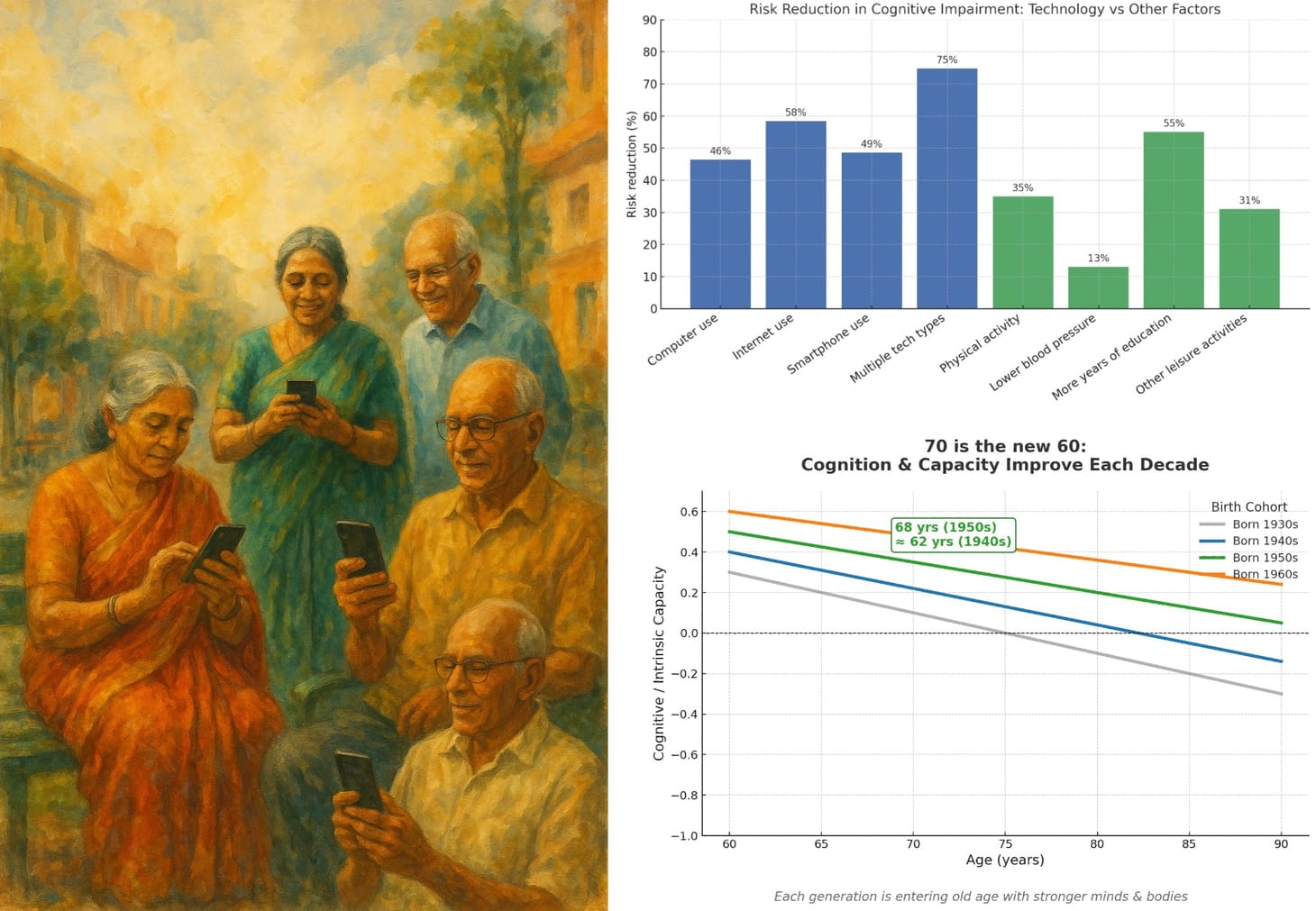
The Book

The Detailed 15-Point Guide to Live Long, Healthy
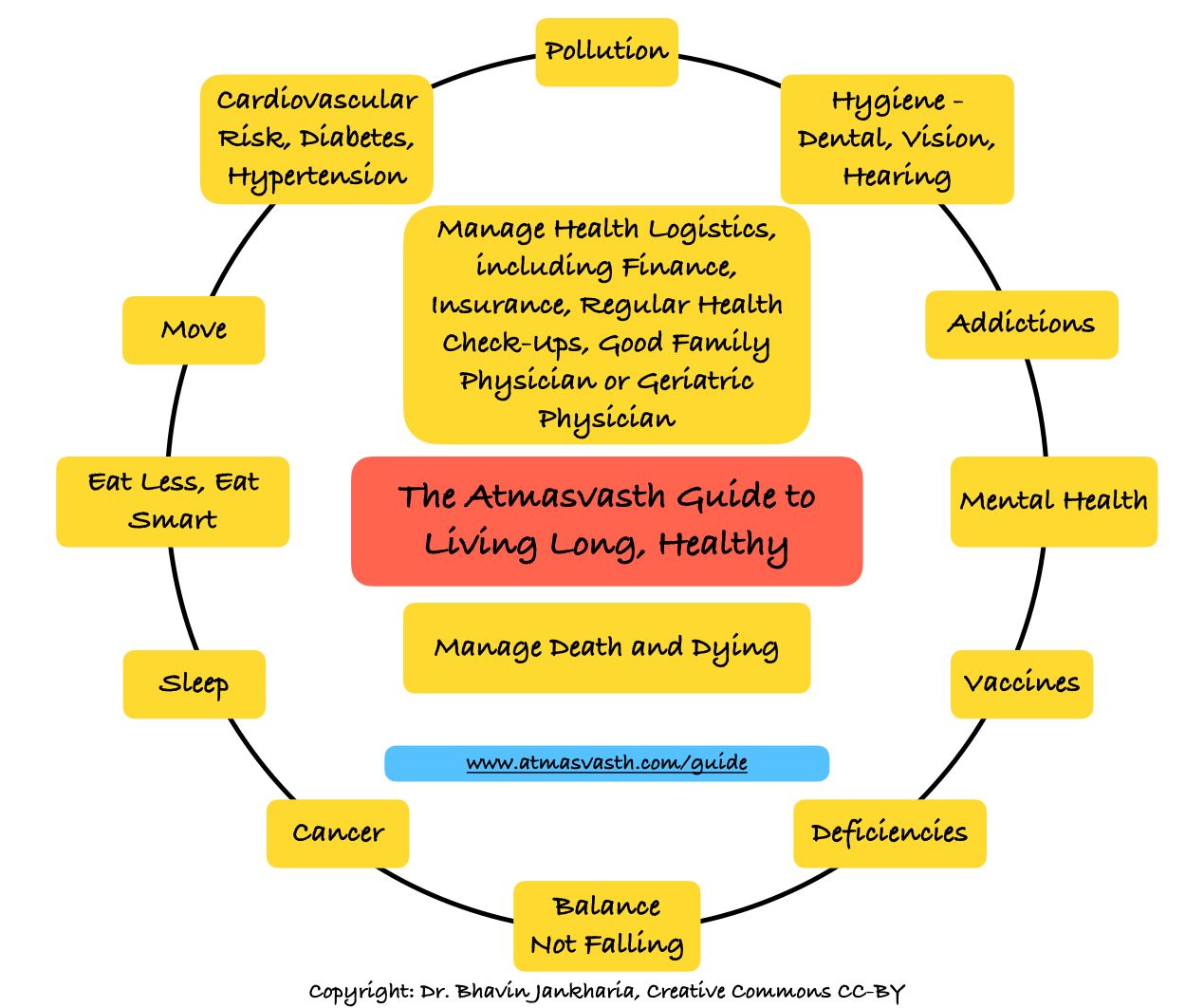
Audio
Soundcloud
YouTube
A YouTube version of the audio is also now available here.
Text
Intrinsic capacity is defined as the composite of physical and mental capacities that a person has, encompassing locomotion, cognition, vitality, sensory capacity and psychological capacity.
As we age, our intrinsic capacity diminishes and the goal of guides like atmasvasth is to reduce the rate of loss of intrinsic capacity and/or to maintain intrinsic capacity at high levels with each passing year or decade.
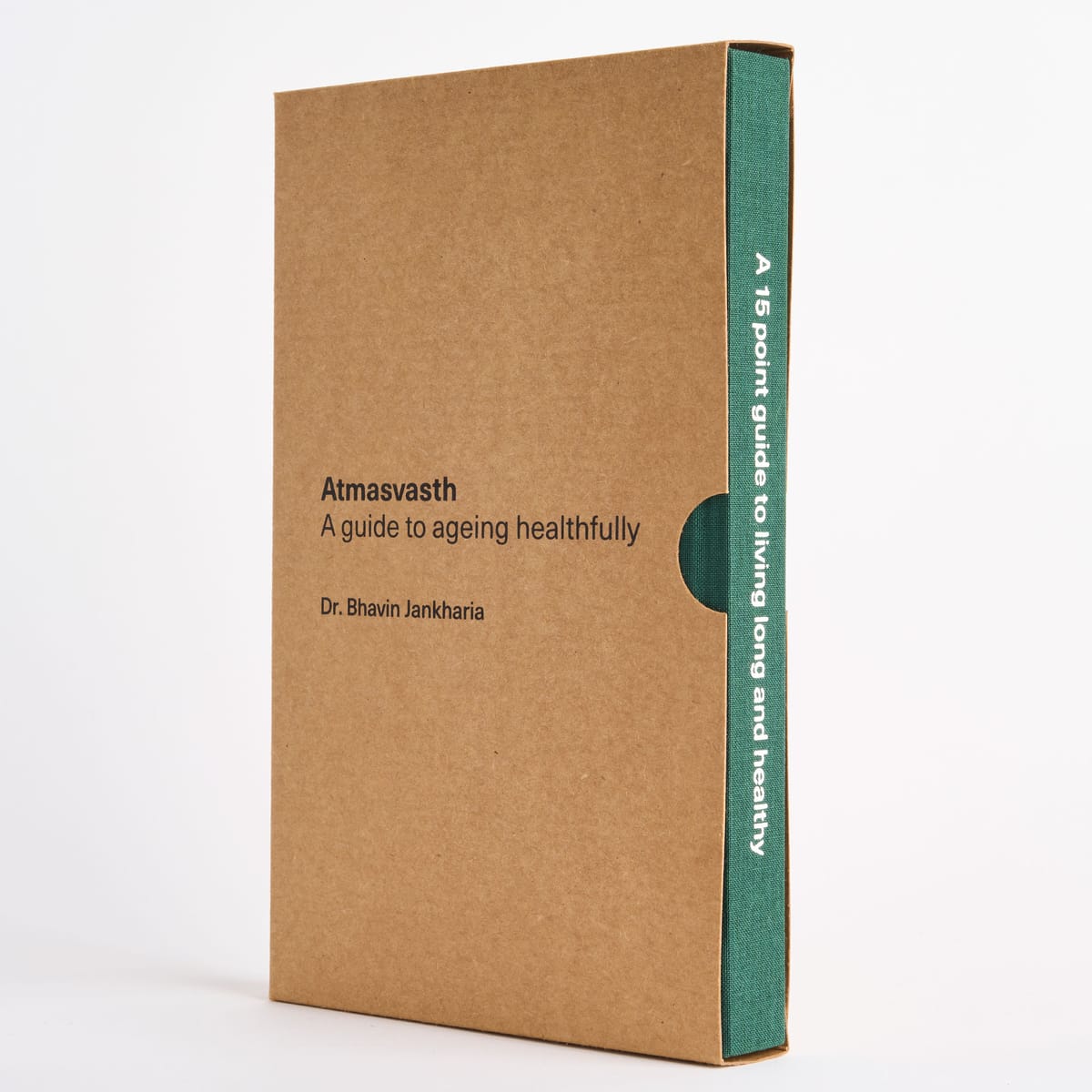
The good news as this trend analysis by John Beard and colleagues in Nature Aging [1] shows is that with each new generation measured in decades, the rate of loss of intrinsic capacity has been reducing, which means that the later people are born, the better they maintain intrinsic capacity when they age. For example, a person born in the 1960s has better intrinsic capacity than someone born in the 1930s when you compare them when both reach age 70. The graph below created with ChatGPT’s help shows this well. The reasons are multifactorial, but by and large are due to better health outcomes, which in turn are due to improved socio-economic conditions, structural and other interventions and improved healthcare delivery. We are living longer and we are living better…with guides like atmasvasth we can do even better.
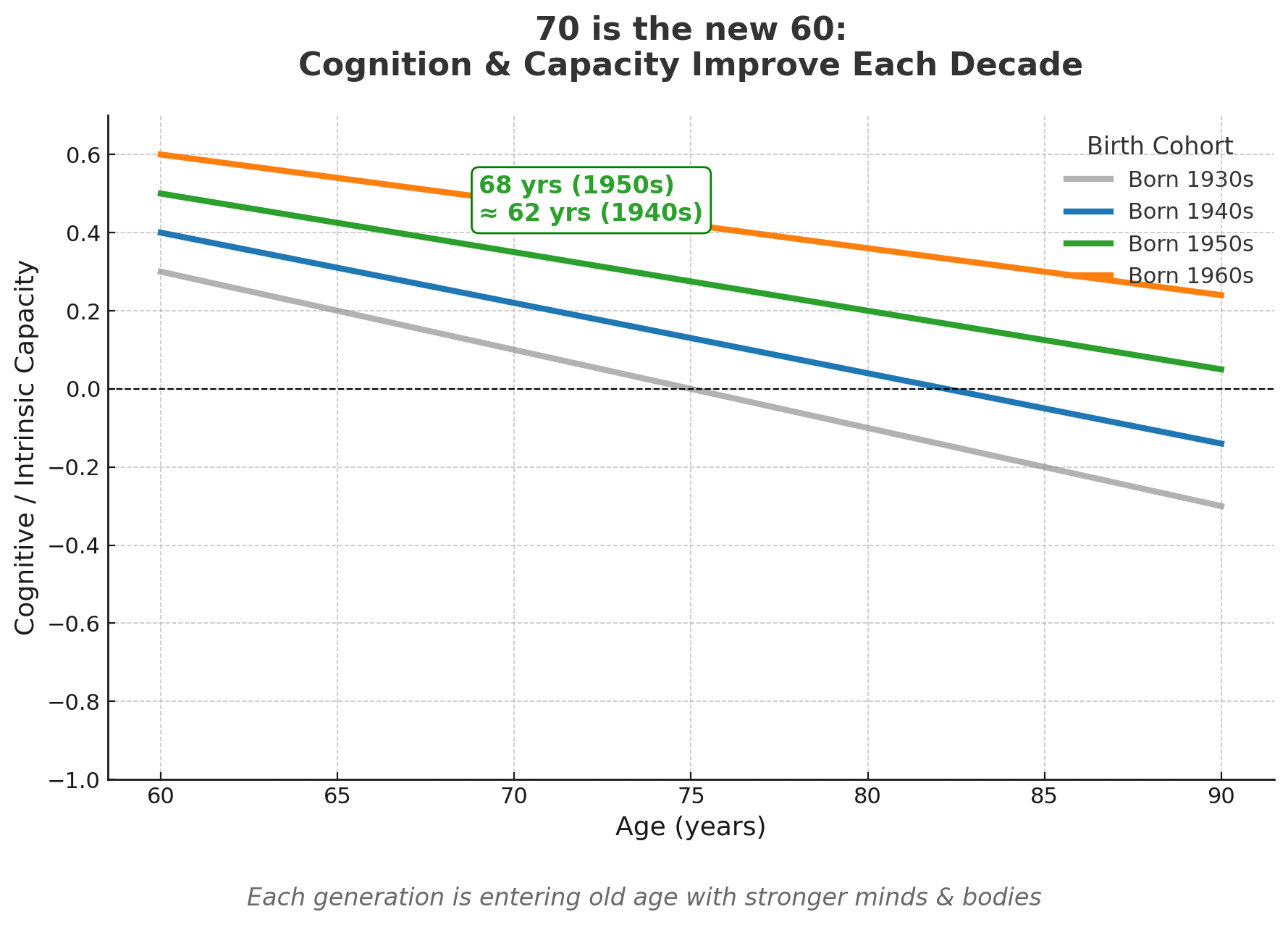
One important component of intrinsic capacity is cognition. I last published cognition updates in July 2024 along with the explanatory article titled, “The Healthspan of the Mind”


One interesting study published earlier this year tries to explain why the rate of loss of cognitive decline is reducing. While overall improved health and improvement of the other components of intrinsic capacity no doubt helps, this meta-analysis by Jared Benge and Michael Scullin in Nature Human Behavior [2] discusses the impact of the use of technology in reducing cognitive decline.
The meta-analysis of almost 400,000 individuals shows significant improvement of cognition in the elderly, in those using computers or the Internet or smartphones as the graph created with ChatGPT’s help shows.
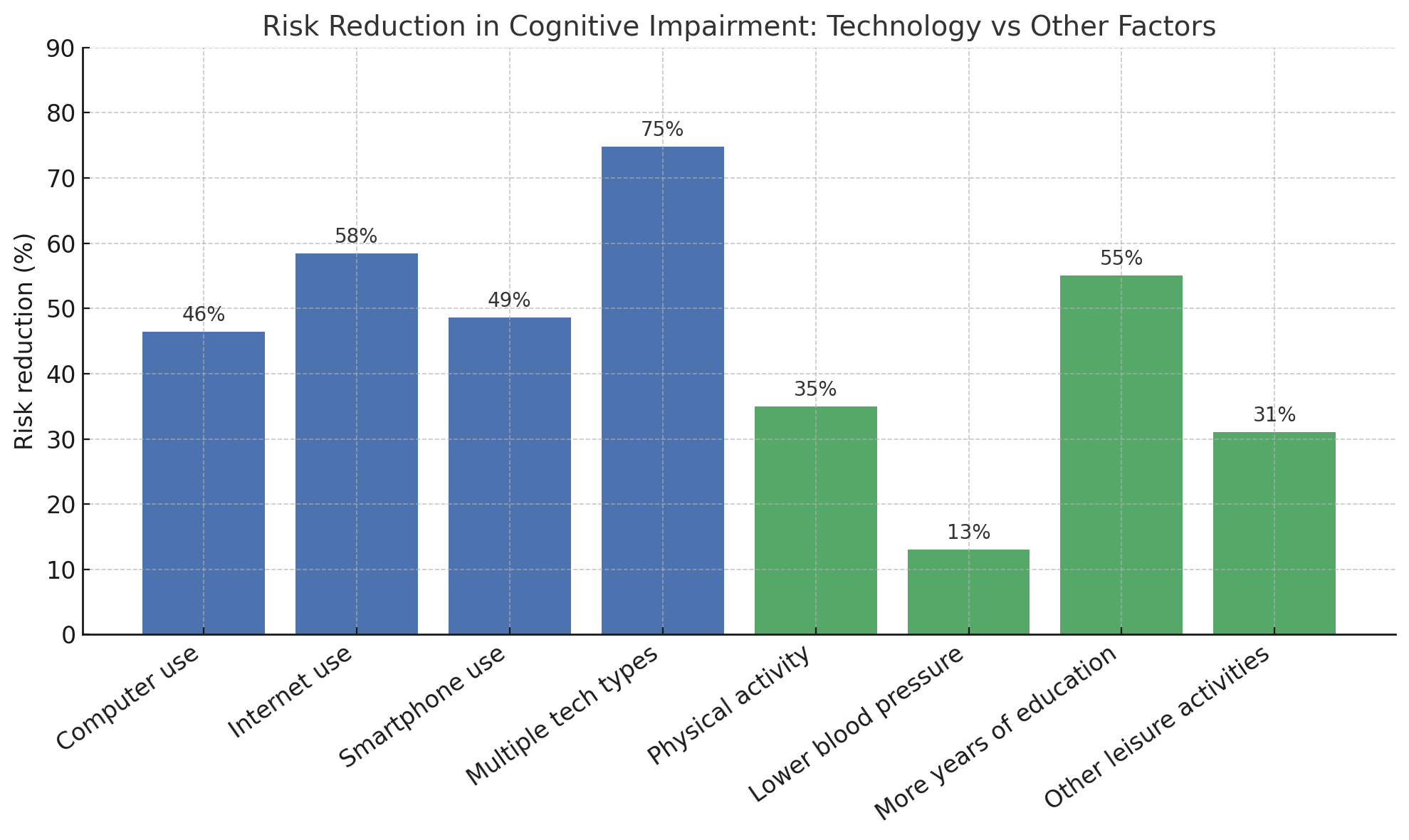
While we constantly debate the ill-effects of “screen” use in kids and young adults, perhaps it is the reverse in the elderly.
Even if these number seem a little stretched, and even if the risk reduction were to be half of what is stated in the paper with all the limitations of a meta-analysis and the limitations of the original studies, it tells that perhaps the use of technology in the elderly should be encouraged rather than discouraged and is likely to help them remain engaged and in turn help with reduced cognition loss.
What does this mean for you and I?
As those of us born in the 1960s or 1950s age, we have better intrinsic capacity than those who were born in the prior decades, at the same time points. At an individual level, this means doing everything possible to maintain physical and mental health starting with being physically active, eating sensibly, sleeping well and all the other points we routinely discuss in this blog.
The use of smartphones, the internet and computers may be one of the reasons why the rate of cognitive loss may be declining in our generation and hence it is not a bad idea to encourage those older than us to learn how to use these technologies, if they don’t already do so.
And it is also not a bad idea to learn how to use these technologies smarter to reduce the overall “digital noise” in our lives.
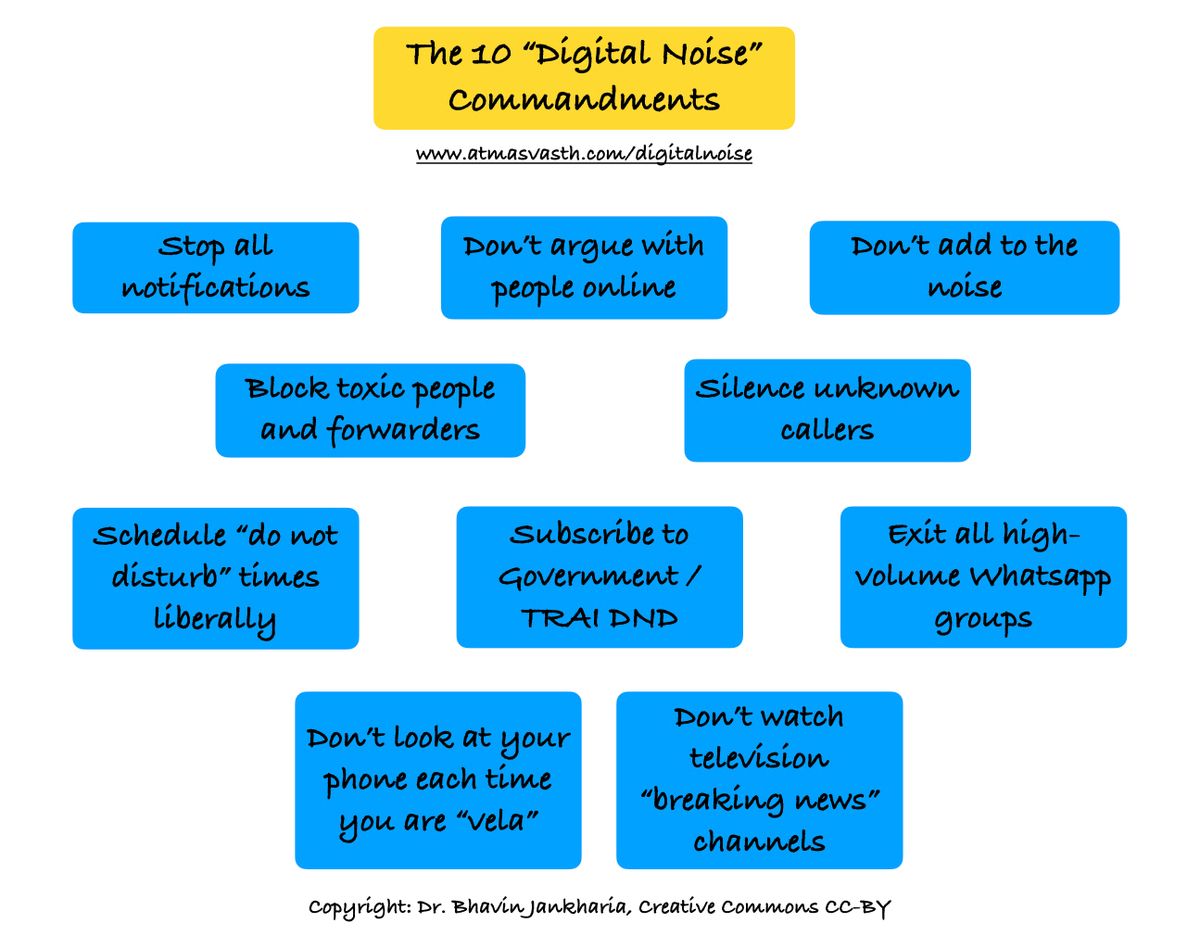
Footnotes
1. Beard JR, Hanewald K, Si Y, Amuthavalli Thiyagarajan J, Moreno-Agostino D. Cohort trends in intrinsic capacity in England and China. Nat Aging. 2024 Dec 19;5(1):87–98.
2. Benge JF, Scullin MK. A meta-analysis of technology use and cognitive aging. Nat Hum Behav. 2025 Apr 14;9(7):1405–19.
Atmasvasth Newsletter
Join the newsletter to receive the latest updates in your inbox.







